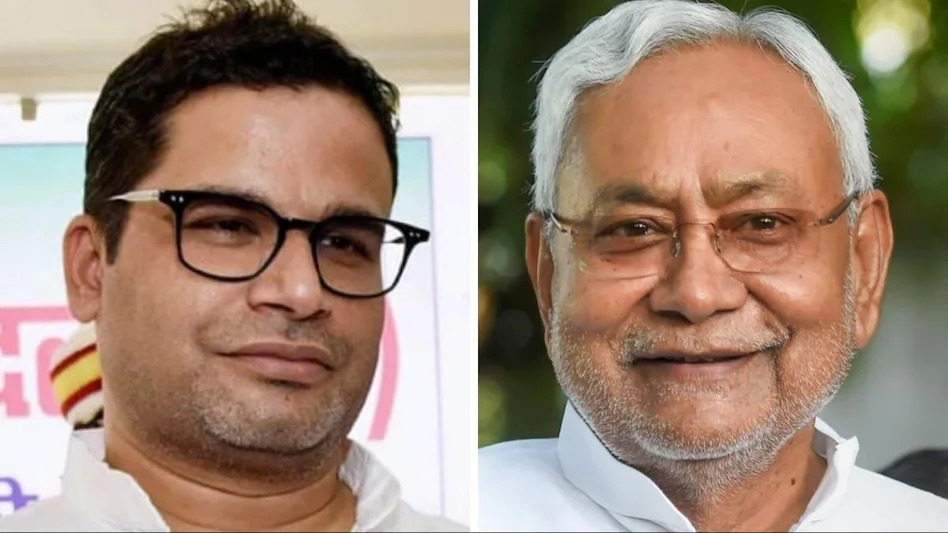Political Strategist Prashant Kishor recently criticized Bihar Chief Minister Nitish Kumar for not seeking a major ministry in Prime Minister Modi’s cabinet. According to Kishor, Kumar deliberately avoided demanding a significant ministry to prevent any internal dissent within his party, JD(U). Kishor suggested that Kumar feared granting a major ministry to someone else could challenge his leadership, so he chose a ministry where he could operate without controversy or internal opposition.
This revelation comes amidst rising political tensions in Bihar, where there have been accusations that the state was neglected in the allocation of significant ministries in Modi’s government. RJD leader Tejashwi Yadav dismissed these claims as mere political stunts. The controversy has further intensified following accusations against RCP Singh, a JD(U) leader who previously held a ministerial position but was later accused of acting against his party’s interests. Singh eventually joined the BJP and was given the Steel Ministry.
Kishor emphasized the importance of choosing leaders based on their performance and dedication to public service. He argued that public offices should be held by individuals who genuinely work for the people and that citizens have the power to remove ineffective leaders through constitutional means. Kishor encouraged voters to focus on long-term developmental issues rather than short-term political gains.
He particularly stressed the transformative power of education in alleviating poverty and fostering sustainable development. Kishor urged the electorate to prioritize securing a better future for their children through education. He believes that an educated youth population could propel Bihar towards prosperity, reducing dependence on political patronage and improving overall socio-economic conditions.
Kishor’s comments highlight the ongoing debate over the effectiveness of political leadership in Bihar and the need for a more performance-based approach to governance. By focusing on education and long-term development, he hopes to inspire a shift in voter priorities and ultimately lead to a more prosperous and self-sufficient Bihar.
In conclusion, Kishor’s critique of Nitish Kumar’s strategic decisions and his call for a focus on education and public service performance underline the complex dynamics of Bihar’s political landscape. His message to voters is clear: prioritize education and long-term development over temporary political gestures for the state’s brighter future.

